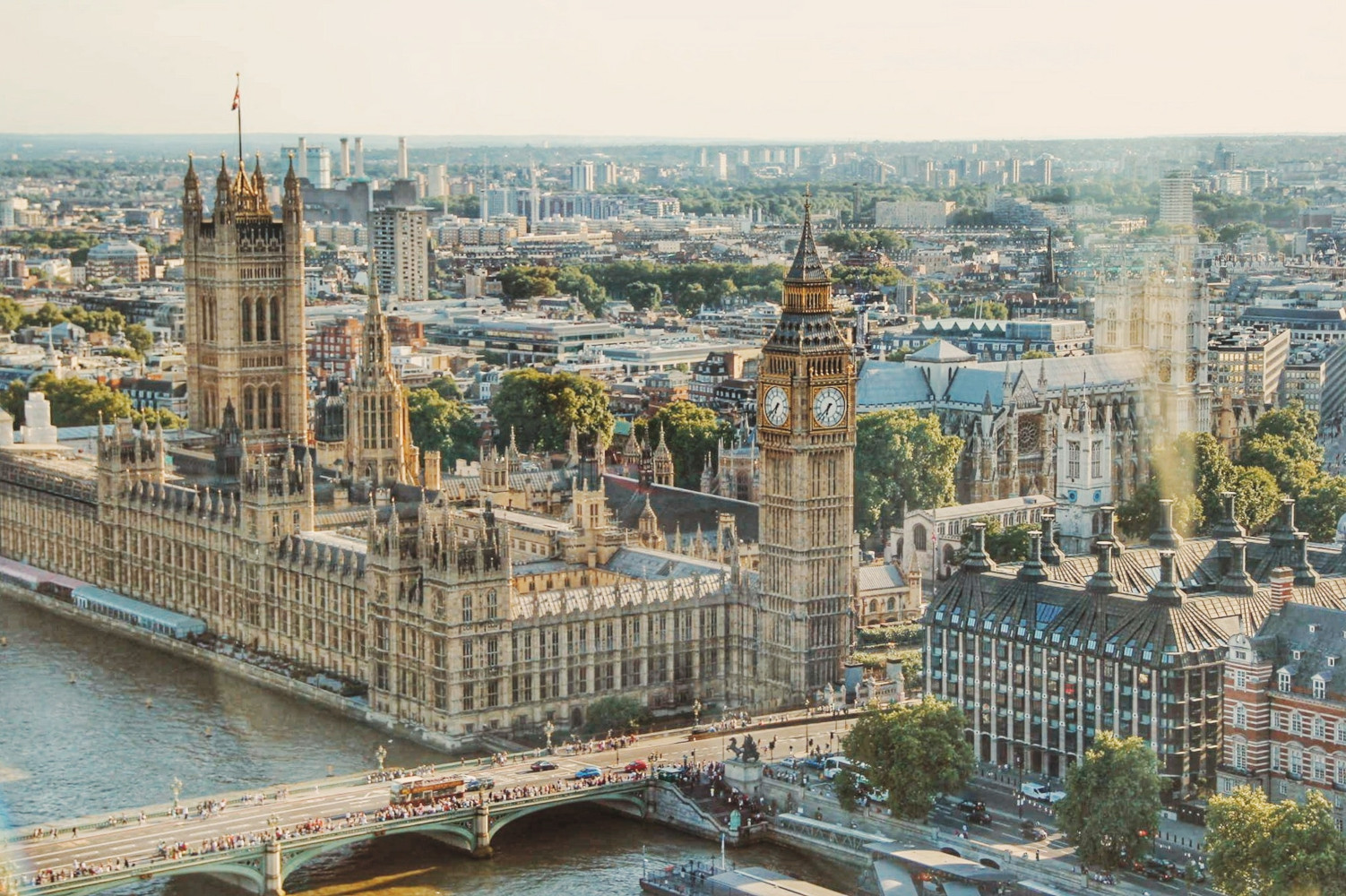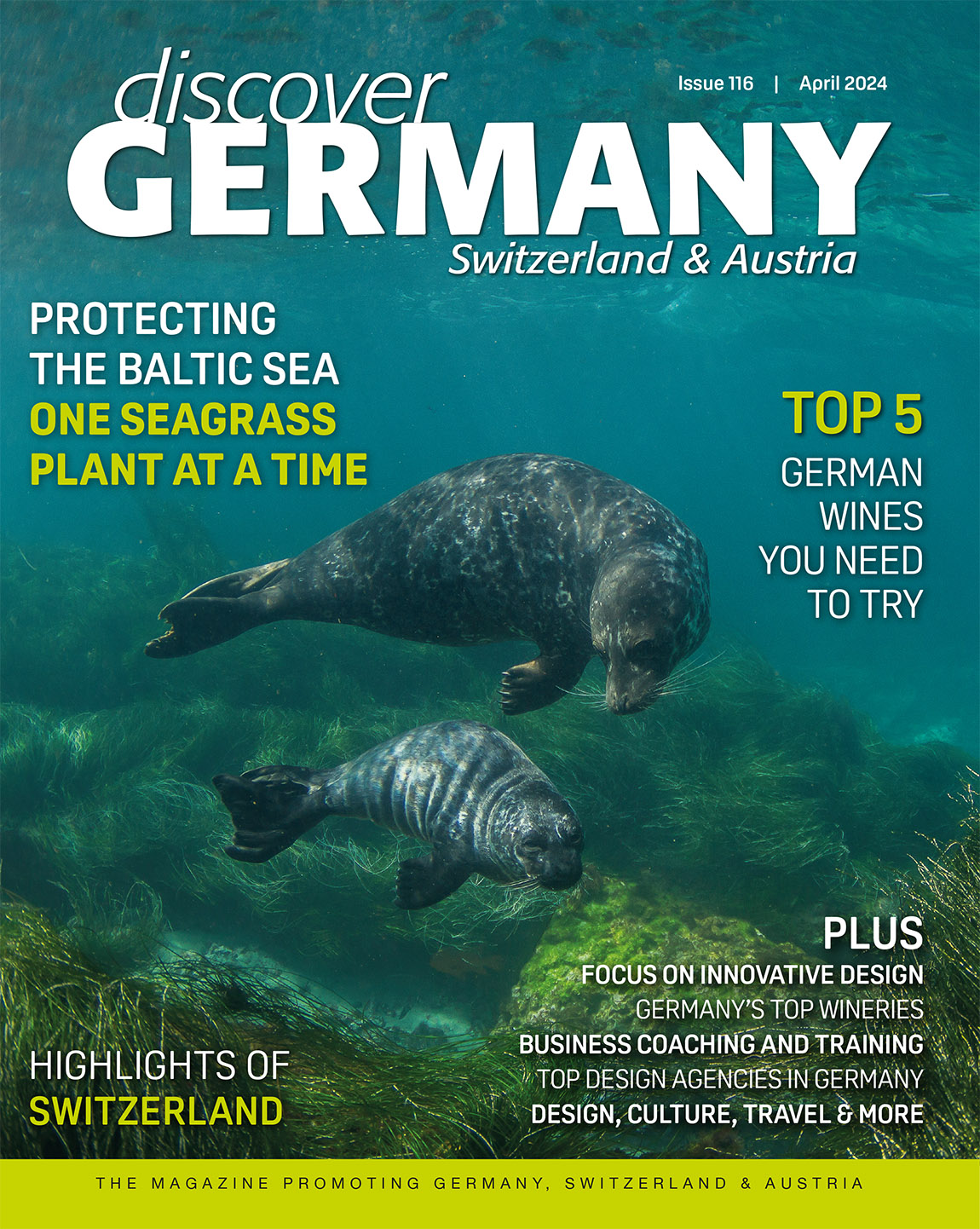Gregor Kleinknecht: Going, going, gone

Since the end of August, the government has been publishing a growing collection of ‘technical notices’ under the broad heading How to prepare if the UK leaves the EU with no deal – Guidance on how to prepare for Brexit if there’s no deal. These notices are part negotiation strategy (“Look EU, we’re leaving, whether you’re ready or not”), part political statement to assuage the Brexiteers (“Look Britain, we’re leaving, whether we’re ready or not”). They concern all walks of life, because all walks of life will be affected in some way or other by Brexit.
Travelling to and from Europe is perhaps one of the most obvious areas in which things are going to change, whether you are travelling by road, rail, or air, and quite a few of these notices therefore highlight how our travel plans may be affected if nothing else is agreed between Britain and the EU.
On the road, British driving licences will no longer be recognised in the EU and British drivers will need to obtain an international driving permit before crossing the channel or hiring a car in the EU. UK motorists will also need to carry a Green Card as proof of third party motor insurance cover to drive to and within the EU, although the agreements that need to be reached between the UK’s Motor Insurers’ Bureau and the relevant National Insurers’ Bureaux, to ensure cross-border insurance arrangements are recognised, are not yet in place.
Travelling to and from the EU by rail may be no easier: rail operator licences issued by the ORR (as the UK’s licensing authority) to operators currently operating in the EU (this concerns, for example, the Eurostar) would not remain valid in the EU after EU exit. Arrangements for cross-border services would then be subject to any bilateral arrangements that the UK negotiates with individual EU countries. In plain English, this translates into: rail travel will be disrupted and we haven’t got the relevant agreements in place yet to prevent this.
Meanwhile, in the air, things may get a bit quieter: if there is no deal with the EU, airlines wishing to operate flights between the UK and the EU would have to seek individual permissions to operate from the respective states (be that the UK or an EU country). The UK would envisage granting permission to EU airlines to continue to operate and would in turn expect EU countries to reciprocate in turn. The UK’s preference would be to agree a basic arrangement or understanding on a multilateral basis between the UK and the EU. Alternatively, bilateral arrangements between the UK and an individual EU country would need to be put in place, specifying the conditions under which air services would be permitted. Again, none of this has happened so far but at least, as far as air travel is concerned, the European Commission has previously acknowledged that a bare-bones agreement on air services would be desirable in the event of the UK leaving with no deal, so there appears to be a basis for some form of understanding between Britain and the EU.
So whether you’re ready or not, Britain may be in for a bit of a roller coaster ride starting on 30 March 2019. Hopefully a sensible deal will be reached before then. Given that the school holidays start on 29 March, we may otherwise be off for a long holiday that day – to the EU.
Gregor Kleinknecht LLM MCIArb
is a German Rechtsanwalt and English solicitor, and a partner at Hunters Solicitors, a leading law firm in Central London.
Hunters Solicitors, 9 New Square, Lincoln’s Inn, London WC2A 3QN,
E-mail: gjk@hunters-solicitors.co.uk
TEXT: GREGOR KLEINKNECHT | PHOTOS: PEXELS.COM, GREGOR KLEINKNECHT
Disclaimer: The views and opinions expressed in this column are those of the author and do not necessarily reflect the official policy or position of Scan Magazine Ltd.’
Subscribe to Our Newsletter
Receive our monthly newsletter by email




